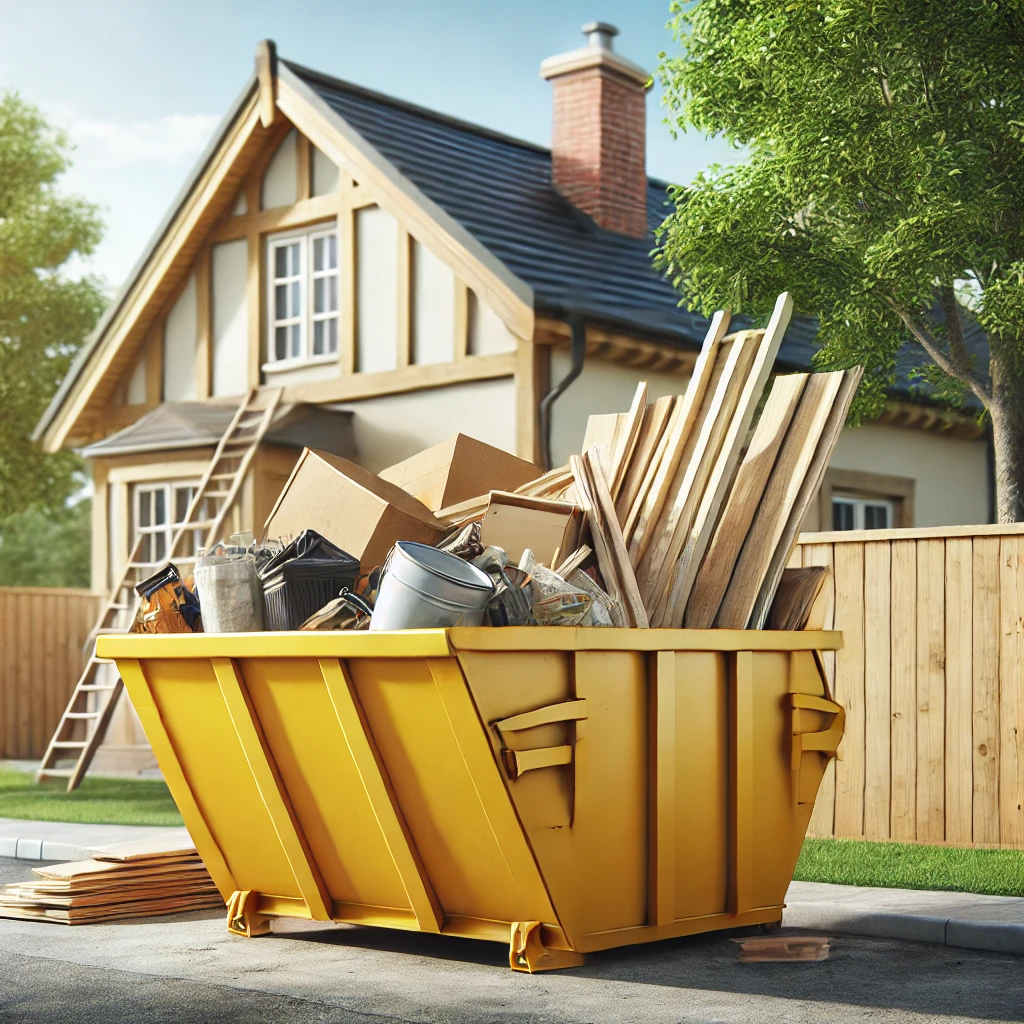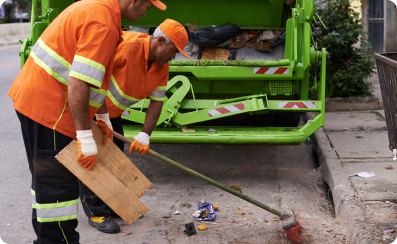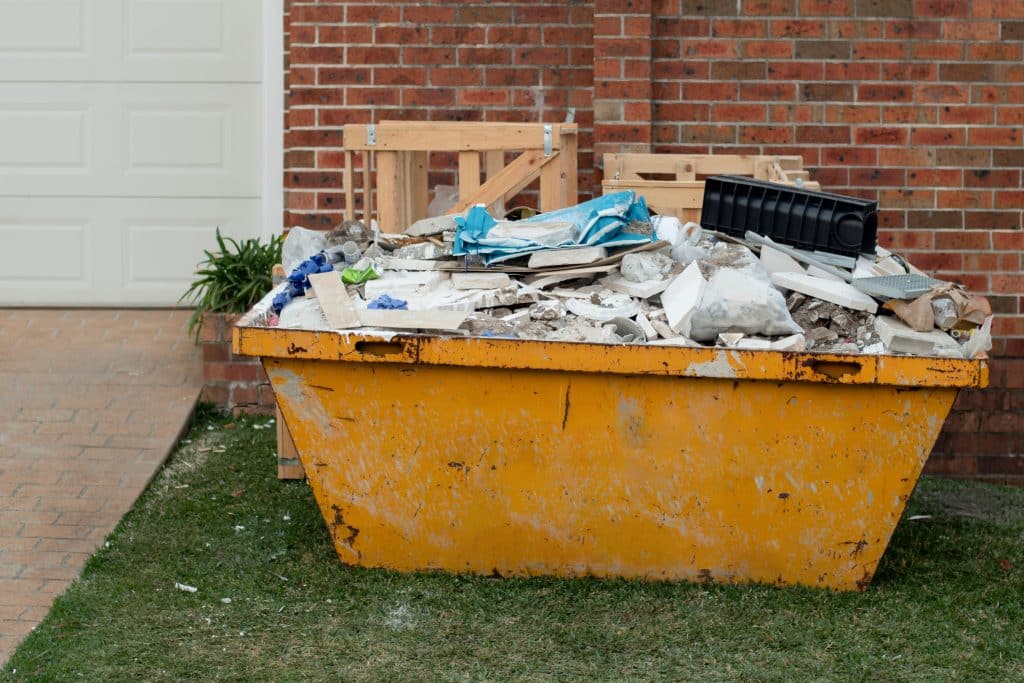When it comes to managing waste—whether from a home renovation, commercial clean-up, or garden overhaul—choosing the right disposal method is crucial. The debate of skip bins vs other waste disposal methods is not just about convenience, but also cost, environmental impact, and practicality. In this guide, we’ll explore the key differences, pros and cons, and help you decide which solution best suits your needs.
What Are Skip Bins?

Skip bins are large, open-topped containers delivered to your site for the temporary storage of waste. Once full, the bin is collected and the waste is transported to a recycling or landfill facility. Available in various sizes, skip bins are commonly used for construction debris, green waste, household junk, and commercial rubbish.
Key Benefits of Skip Bins:
– Ideal for bulk waste
– Convenient drop-off and pick-up
– Safe and contained storage of debris
– Suitable for residential and commercial projects
– Supports proper waste segregation and recycling
Other Waste Disposal Methods
Let’s compare skip bins with other waste removal options that homeowners and businesses often consider.
1. Council Rubbish Collection Services
These are regular municipal garbage collections that handle general household waste.
Pros:
– Free or low-cost (covered by council rates)
– Convenient for small amounts of weekly waste
Cons:
– Strict rules on what can be disposed of
– Limited volume—unsuitable for large cleanups
– No same-day collection
2. Private Junk Removal Services
These are on-demand services where a team visits your property to load and remove waste.
Pros:
– Labour included (you don’t lift a finger)
– Quick removal, often same-day
– Great for mixed or heavy items
Cons:
– Can be expensive
– Not ideal for ongoing or large projects
– Less flexibility in waste segregation
3. Tip Runs / Self-Haul to Landfill
Some people opt to transport their waste to the local tip themselves.
Pros:
– Pay only for what you dispose of
– Control over sorting and disposal
Cons:
– Time-consuming
– Requires a trailer or ute
– Physically demanding
– Can be more costly due to fuel, fees, and time
4. Bagged Waste Collection (Skip Bags)
Skip bags are flexible, foldable alternatives to metal skip bins and can be purchased from hardware stores.
Pros:
– Lightweight and easy to store until needed
– Ideal for smaller waste volumes
– No need for council permits
Cons:
– Limited capacity
– May not be accepted by all waste companies
– Less sturdy than traditional skip bins
Looking for a cost-effective option in the city? Check out our guide on Cheap Skip Bin Hire Sydney – Reliable, Fast & Affordable Waste Solutions to find the best value for your next clean-up.
Comparing Skip Bins to Other Waste Disposal Options
| Feature | Skip Bins | Council Pick-Up | Private Junk Removal | Tip Runs / Landfill | Skip Bags |
| Best For | Large, ongoing projects | Weekly household waste | Quick, small removals | Occasional DIY cleanups | Small, manageable loads |
| Capacity | High (2m³ to 25m³) | Very limited | Moderate | Depends on vehicle | Low |
| Labour | Self-load | N/A | Included | Self-load | Self-load |
| Cost | Moderate | Free (included in rates) | High | Variable (fuel + fees) | Low to moderate |
| Environmental Benefits | High (facilitates recycling) | Moderate | Depends on provider | Depends on sorting | Moderate |
Environmental Impact: Which Method Is More Eco-Friendly?
If eco-friendly waste disposal is a priority, skip bins have an edge. Most skip bin companies sort waste at licensed facilities, ensuring recyclables like timber, concrete, metal, and green waste are diverted from landfills. Compared to self-haul options or ad-hoc junk removal—which may not follow strict recycling protocols—skip bins offer a more sustainable choice.
Related – How to Order Cheap Green Waste Bin
When to Choose Skip Bins Over Other Methods
Skip bins are the better option when:
– You have a large volume of waste
– You’re working on a construction or renovation project
– You need the bin on-site for several days
– You want a central place to dispose of debris
– You care about compliance and responsible waste management
📞 Need a bin urgently?
👉 Call us now on for immediate assistance, or
Book Online in under 2 minutes.
When Other Methods Might Work Better
– For lightweight or minimal household waste, council pickups are sufficient.
– For bulky furniture or same-day disposal, junk removal services are ideal.
– For DIY-ers with vehicles, tip runs offer flexibility—just be ready to put in the work.
– For low-budget, one-off small projects, skip bags are a decent compromise.
FAQs about Skip Bins vs Other Waste Disposal Methods
Q: Are skip bins cheaper than junk removal?
For large amounts of waste, skip bins are usually more economical. Junk removal includes labour costs, which can be expensive for bigger jobs.
Q: Can I use skip bins for green waste?
Yes, skip bins are ideal for green waste like leaves, branches, and garden clippings. Many providers offer dedicated green waste bins.
Q: Do I need a permit for a skip bin?
Only if it’s placed on public property (like a footpath or road). Your provider can assist with local council regulations.
Q: Is it better to go to the tip instead?
Only if you have the time, transport, and ability to do multiple trips. Skip bins save time and hassle.
Conclusion
Choosing between skip bins and other waste disposal methods depends on the scope of your project, volume of waste, budget, and time constraints. While council services and junk removal companies offer convenience for minor jobs, skip bins remain the most versatile and scalable solution for waste management.
If you’re planning a big clean-up, renovation, or commercial project, skip bins are often more cost-effective, eco-conscious, and reliable.










